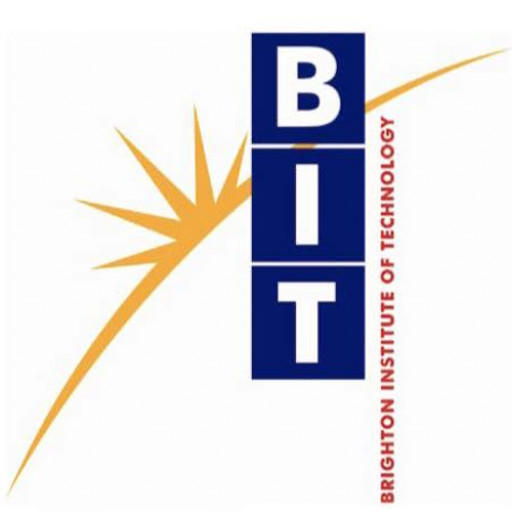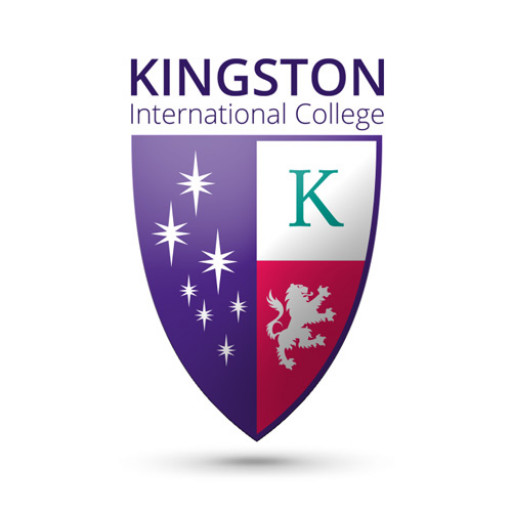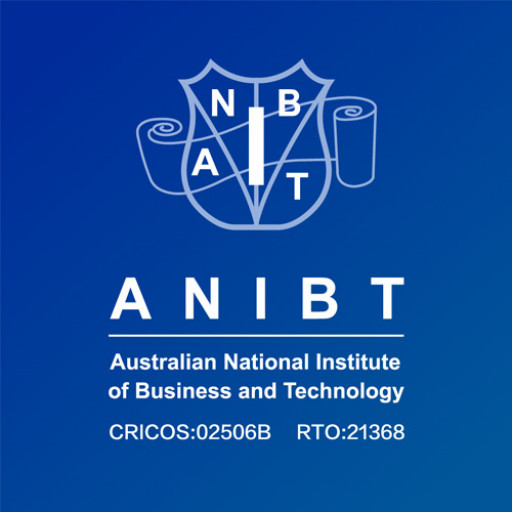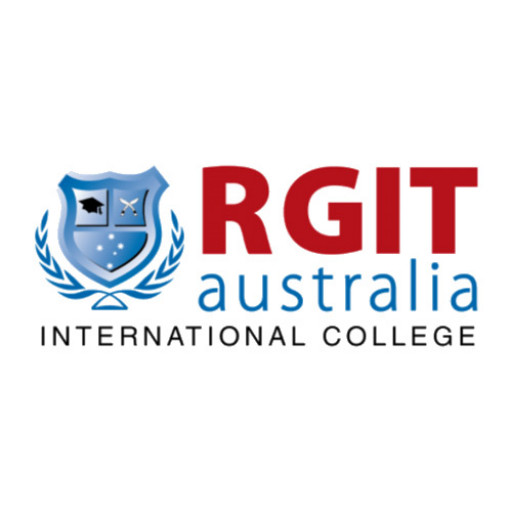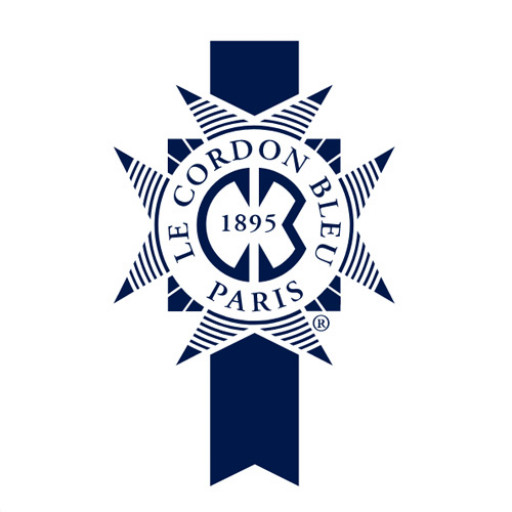This qualification reflects the role of exceptionally skilled senior operators using a wide selection of hospitality skills together with managerial expertise and solid knowledge of industry to successfully coordinate hospitality processes. They operate independently, and have responsibility for the others and also make a variety of operational business decisions.This qualification provides a pathway to work in any hospitality industry sector as a midsize or small business manager. The diversity of employers comprises restaurants, hotels, motels, catering operations, clubs, pubs, caf\u00e9s, and coffee shops. This qualification permits multi-skilling and also for specialisation in accommodation solutions, cookery, food and drink along with gaming.Possible job titles include:banquet or work managerbar managercaf\u00e9 managerchef de cuisinechef patissierclub managerexecutive housekeeperfront office managergaming managerkitchen managermotel managerrestaurant managersous chefunit manager catering operations.No occupational licensing, certification or special legislative requirements connect with the qualification during the time of publication.
Programme Content
The Hospitality Management programme at Brighton Institute of Technology offers a comprehensive curriculum designed to equip students with the essential knowledge and practical skills required for a successful career in the dynamic hospitality industry. The programme covers a wide range of topics, including the fundamentals of hospitality operations, hospitality sales and marketing, food and beverage management, hotel administration, event planning, and customer service excellence.
Students will learn about the core principles of hospitality management through engaging lectures, case studies, and real-world projects. The course emphasizes developing managerial competencies such as leadership, financial acumen, strategic planning, and problem-solving skills. Practical training is integrated throughout the programme, giving students hands-on experience in hotel and restaurant settings, fostering an understanding of operational procedures, guest relations, and service quality standards.
The curriculum also provides insights into industry trends, sustainable hospitality practices, and the importance of technology in service delivery. Students will explore the significance of cultural awareness and effective communication skills, which are vital in an international industry. The programme encourages the development of entrepreneurial skills, enabling graduates to innovate and adapt to fast-changing industry requirements.
Throughout their studies, students will have opportunities for internships and placements with renowned hospitality organizations. These experiences aim to enhance employability and professional networks. By the end of the programme, graduates will possess a solid foundation in hospitality management, ready to pursue diverse career paths such as hotel management, event coordination, catering operations, and tourism development.
The Brighton Institute of Technology ensures a supportive learning environment, with industry-experienced faculty, modern facilities, and resources that prepare students for real-world challenges. The programme is ideal for individuals passionate about hospitality and eager to make a positive impact within the industry.
Program requirements for the Bachelor of Hospitality Management at Brighton Institute of Technology include a combination of academic prerequisites, practical experience, and language proficiency. Applicants should possess a completed secondary education or its equivalent with strong academic performance in relevant subjects, particularly in business studies, management, or hospitality-related fields. Additionally, applicants are typically required to demonstrate English language proficiency through standardized tests such as IELTS, with a minimum score of 6.0 overall, including at least 5.5 in each component, or an equivalent qualification recognized by the institute. Practical experience in the hospitality industry is highly valued and may be considered during the admissions process, especially for mature students or those with relevant work history. Prospective students must submit a completed application form along with academic transcripts and proof of English proficiency. Some programs may also require a personal statement or essay outlining motivation and career objectives, as well as references or letters of recommendation. As part of the program, students are expected to engage in internships or practical training placements, which are integral for gaining real-world experience and industry contacts. The curriculum is designed to develop both theoretical knowledge and practical skills, covering areas such as hospitality operations, customer service, hotel management, event planning, and tourism marketing. Successful applicants should also have strong communication skills, leadership qualities, and the ability to work effectively in diverse teams. Financial proof of ability to cover tuition fees and living expenses may be required depending on the applicant’s nationality. The program aims to equip students with comprehensive competencies necessary for a successful career in the global hospitality industry, emphasizing cultural awareness, ethical practices, and innovative problem-solving.
Financing studies for the Hospitality Management program at Brighton Institute of Technology are designed to accommodate a diverse range of students by offering various financial support options. Prospective students can explore several pathways to fund their education, including government-funded schemes, private scholarships, bursaries, and payment plans. The institute collaborates with government bodies such as Student Finance England to provide eligible students with loans covering tuition fees and living expenses. These loans typically have favorable repayment terms, starting after graduation when the student’s income reaches a certain threshold.
Additionally, the institute offers its own scholarship programs aimed at recognizing academic excellence and supporting students from different socioeconomic backgrounds. Scholarship applications are usually reviewed based on academic performance, personal statement, and financial need. Bursaries may also be available, providing partial fee reductions to students demonstrating financial hardship.
For international students, the funding options include private financial assistance and sponsorships from external organizations. International applicants are encouraged to consult the institute’s international student support services to identify suitable funding sources and guidance on scholarship applications.
Many students opt for installment payment plans, which allow them to spread tuition fees over the duration of the course, making payments manageable and reducing immediate financial burden. Some students also seek part-time employment during their studies; Brighton Institute of Technology supports flexible working arrangements aligned with student schedules.
In addition to external funding, students are encouraged to research bursaries and grants available through industry partnerships, professional associations, and charitable organizations related to hospitality and tourism sectors. The institute also provides financial advice sessions to help students plan their budgets, apply for funding, and understand their financial commitments during their studies.
Overall, the institute’s comprehensive financing options aim to ensure that financial barriers are minimized, allowing talented and motivated students to pursue their hospitality management ambitions without undue hardship.
The Hospitality Management program at Brighton Institute of Technology offers students comprehensive education and practical experience in the dynamic field of hospitality. The curriculum is designed to equip students with essential skills in hotel and restaurant management, event planning, customer service, and tourism operations. Students will learn about the fundamentals of hospitality industry practices, including guest relations, facility management, and hospitality marketing. The program emphasizes both theoretical understanding and hands-on training, often through industry placements and internships, to ensure graduates are ready to meet the demands of the global hospitality sector.
The course content includes modules such as Introduction to Hospitality, Food and Beverage Management, Hospitality Operations, Tourism and Leisure Management, Human Resources in Hospitality, Financial Management for Hospitality, and Marketing Strategies. These modules aim to provide a well-rounded knowledge base as well as develop leadership, communication, and problem-solving skills vital for success in a competitive industry. The program also focuses on sustainable hospitality practices and innovative trends, preparing students to implement environmentally friendly and cutting-edge solutions within their future careers.
Students will have access to state-of-the-art facilities, including simulated hospitality environments, training kitchens, and computer labs equipped with industry-standard software. The college also hosts industry guest lectures, workshops, and networking events to connect students with industry professionals and potential employers.
Graduates of the Hospitality Management program at Brighton Institute of Technology can pursue careers in a variety of roles such as hotel managers, event coordinators, restaurant managers, tourism officers, and hospitality consultants. The program aims to prepare students for employment both locally and internationally, recognizing the global nature of the hospitality industry. Additionally, the institute offers ongoing career support and opportunities for postgraduate study to enhance career prospects.
The duration of the program varies, typically spanning one to two years depending on the level of study and whether students are enrolled full-time or part-time. Entry requirements generally include a relevant previous qualification, good interpersonal skills, and a genuine interest in hospitality. The program’s flexible structure allows students to develop practical skills alongside academic knowledge, making it an excellent choice for those aspiring to leadership roles in the hospitality sector.
